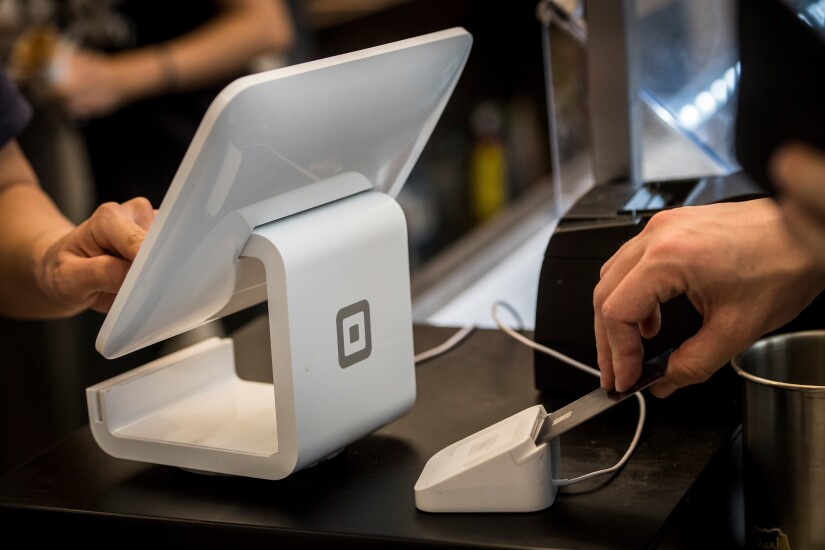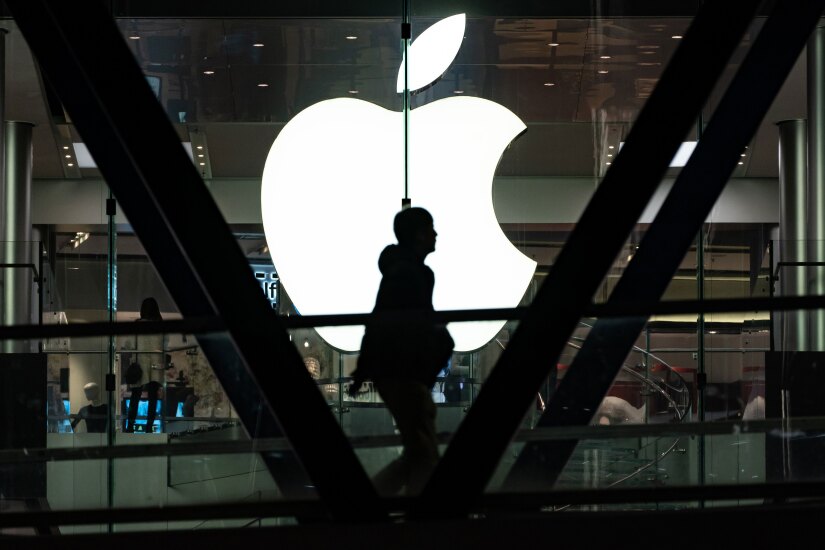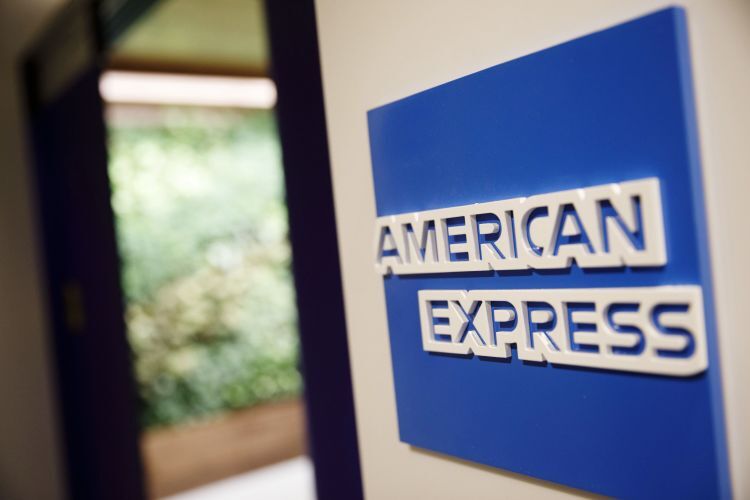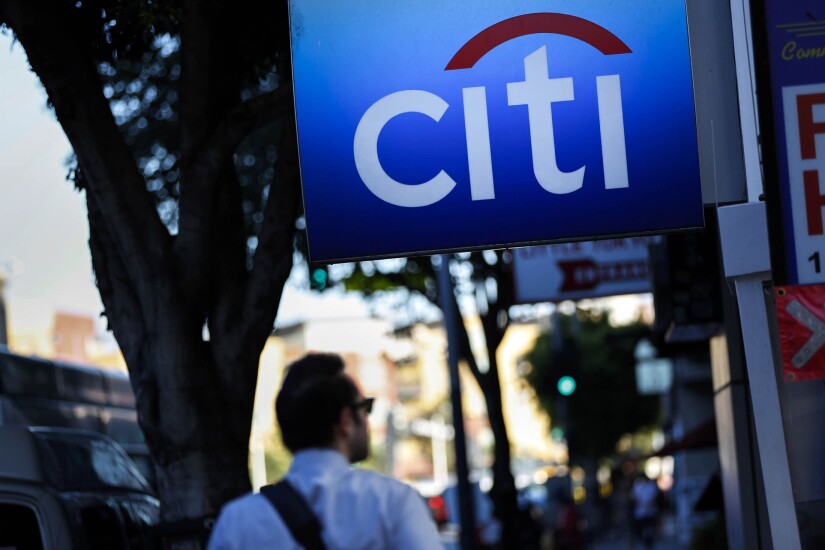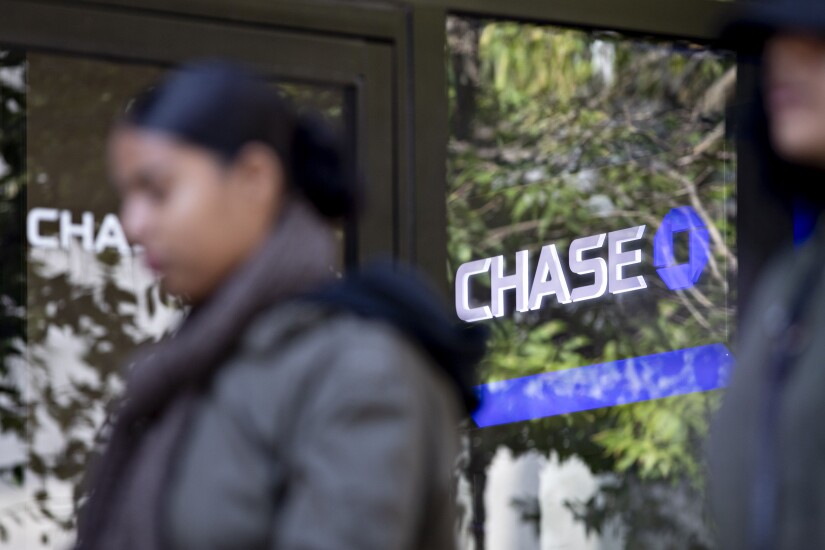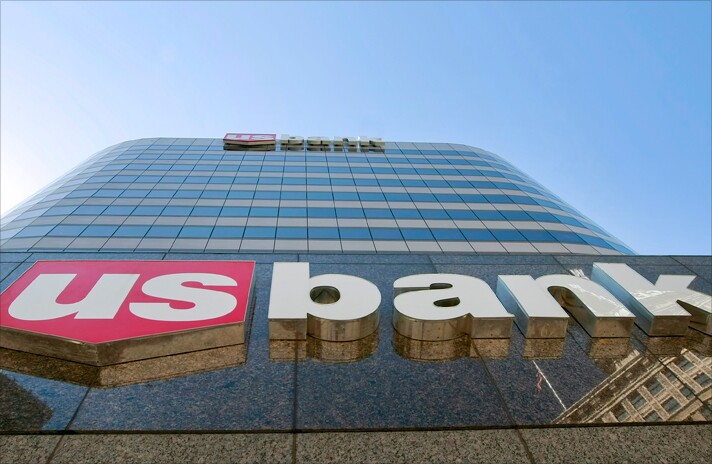Buy now/pay later — pioneered largely by fintechs such as Klarna, Afterpay and Affirm — has become a global phenomenon. The surge in demand has begun to draw the interest of card issuers, commercial banks and payment companies, which are also worried about the threat installment lending poses to their businesses.
Some are entering the market through acquisition or partnership. Others are adapting existing credit and loan offerings to the popular pay-in-four model. Whatever their approach, these nine companies are planting a flag in the BNPL market.

